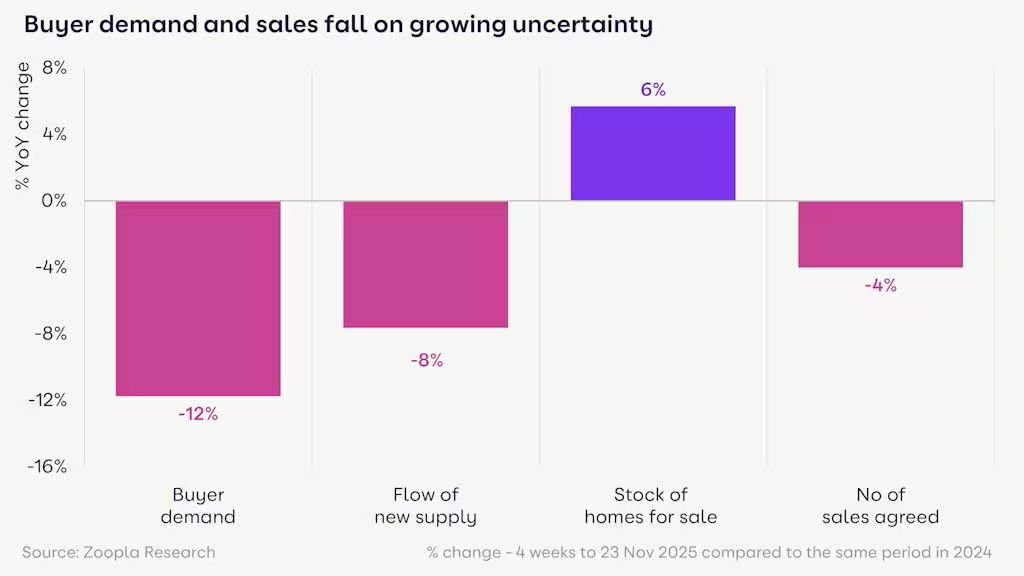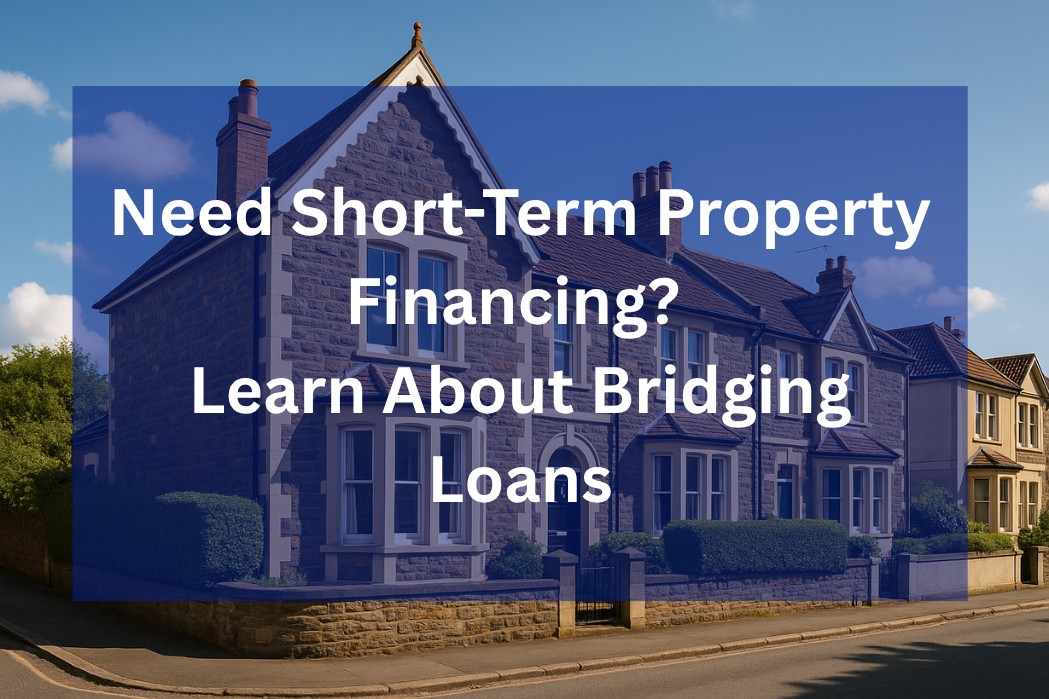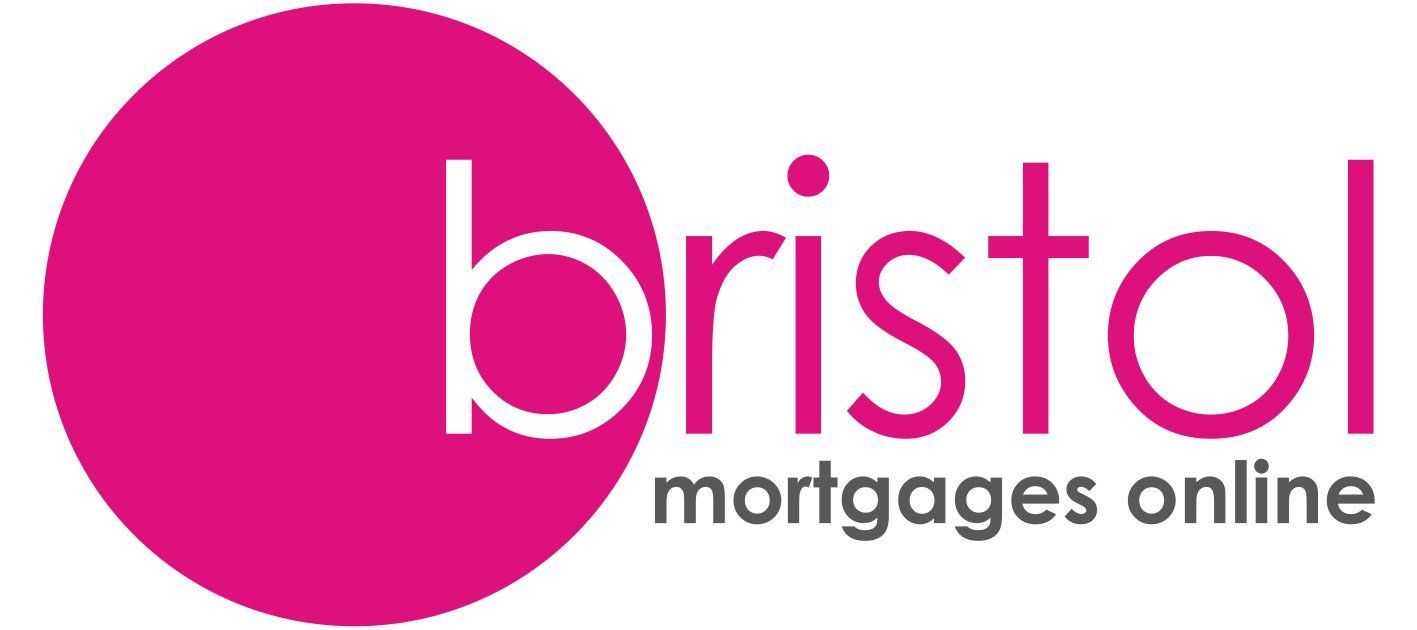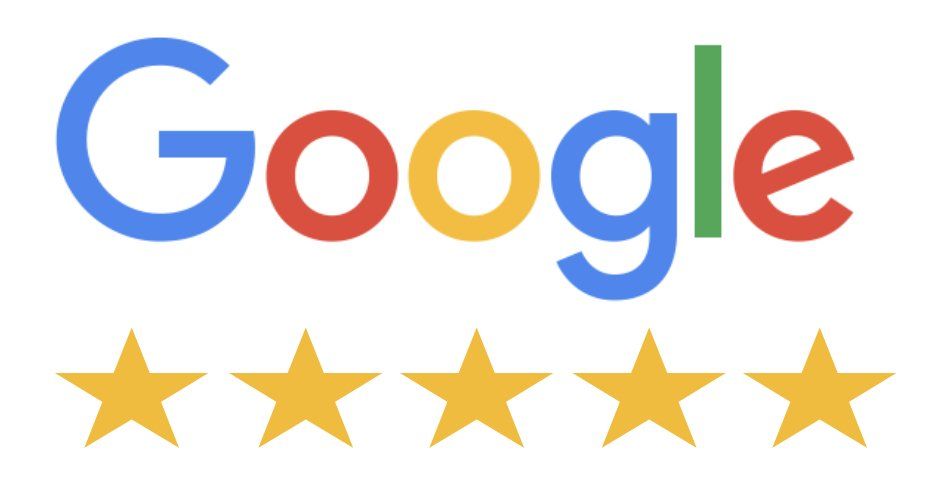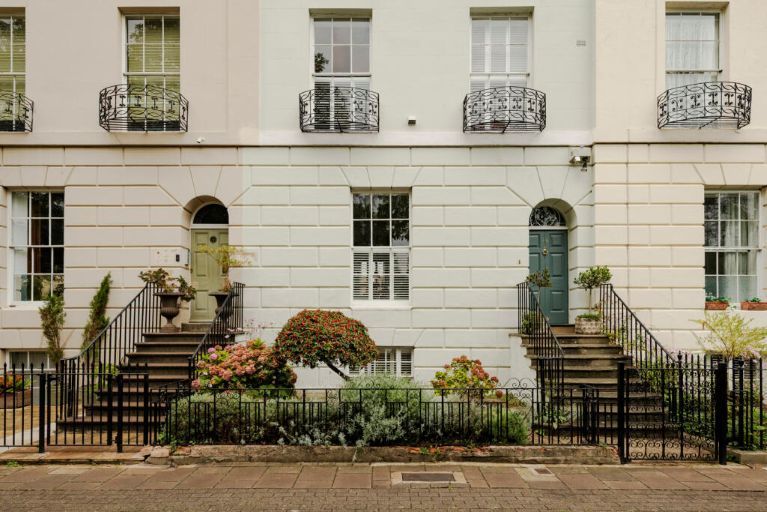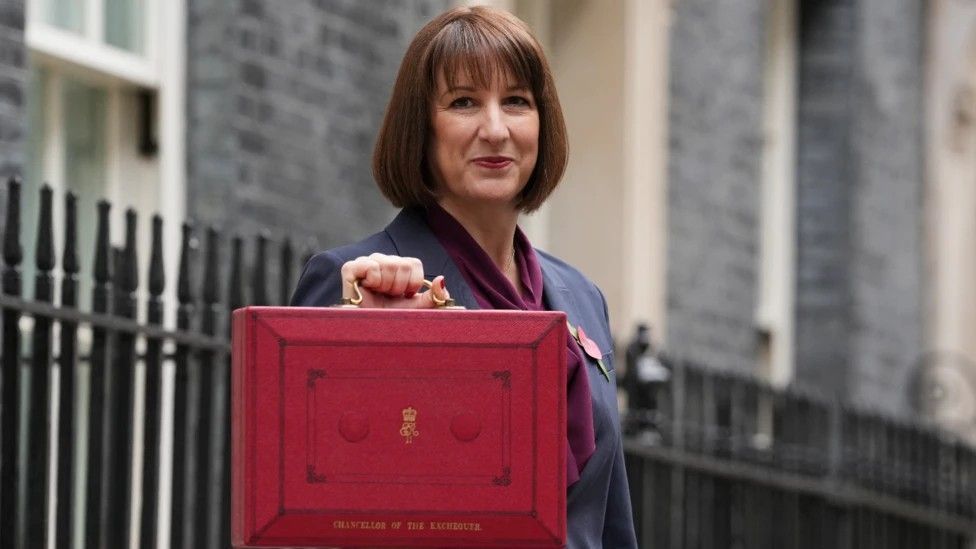Buy-to-Let Mortgages explained
Book a free consultation with one of our Expert Mortgage Advisers
Buy-to-let (BTL) mortgages
Buy-to-let (BTL) mortgages are for landlords who want to buy property to rent it out. The rules around buy-to-let mortgages are similar to those around regular mortgages, but there are some key differences. Read on for more information about how they work, how to get one and what mistakes to avoid.
Who can get a buy-to-let mortgage?
You can get a buy-to-let mortgage under the following circumstances:
- You want to invest in houses or flats.
- You can afford to take and understand the risks of investing in property.
- You already own your own home, whether outright or with an outstanding mortgage.
- You have a good credit record and aren’t stretched too much on your other borrowings, for example, credit cards.
- You earn £25,000+ a year. If you earn less than this, you might struggle to get a lender to approve your buy-to-let mortgage
- You are under a certain age. Lenders have upper age limits, typically between 70 or 75. This is the oldest you can be when the mortgage ends not when it starts. For example, if you’re 45 when you take out a 25-year mortgage it will finish when you’re 70.
Buy-to-let mortgages are a lot like ordinary mortgages, but with some key differences:
- The fees tend to be much higher.
- Interest rates on buy-to-let mortgages are usually higher.
- The minimum deposit for a buy-to-let mortgage is usually 25% of the property’s value (although it can vary between 20-40%).
- Most BTL mortgages are interest-only.
- Most BTL mortgage lending is not regulated by the Financial Conduct Authority (FCA). There are exceptions, for example, if you wish to let the property to a close family member (e.g. spouse, civil partner, child, grandparent, parent or sibling). These are often referred to as a consumer buy to let mortgages and are assessed according to the same strict affordability rules as a residential mortgage
- Advising, arranging, lending and administering BTL mortgages for consumers is covered under the same laws as residential mortgages and is regulated by the Financial Conduct Authority (FCA)
How much you can you borrow for buy-to-let mortgages?
The maximum you can borrow is linked to the amount of rental income you expect to receive.
Lenders typically need the rental income to be 25–30% higher than your mortgage payment.
To find out what your rent might be, talk to local letting agents, or check the local press and online to find out how much similar properties are rented for.
Where to get a buy-to-let mortgage?
Most of the big banks and some specialist lenders offer BTL mortgages. It’s a good idea to talk to a mortgage broker before you take out a buy-to-let mortgage, as they will help you choose the most suitable deal for you. We have years of experience working with lenders from a first-time investor through to those owning large portfolios.
Plan for times when there’s no rent coming in
- Don’t assume your property will always have tenants.
- There will almost certainly be ‘voids’ when the property is unoccupied, or rent isn’t paid and you’ll need to have a financial ‘cushion’ to meet your mortgage payments.
- When you do have rent coming in, use some of it to top up your savings account.
- You might also need savings for major repair bills. For example, the boiler might break down, or there might be a blocked drain.
Don’t rely on selling the property to repay the mortgage
- Unless you have never owned a property, Stamp Duty Land Tax (SDLT) for buy to let properties is an extra 3% on top of the current SDLT rate bands for properties above £40,000.
- Don’t fall into the trap of assuming you’ll be able to sell the property to repay the mortgage.
- If house prices fall, you might not be able to sell for as much as you had hoped.
- If this happens, you’ll be left to make up the difference on the mortgage.
Buy-to-let and tax
Capital Gains Tax
If you’re a basic rate taxpayer, CGT on buy to let second property’s is charged at 18% and if you’re a higher or additional rate tax payer it’s charged at 28%. With other assets, the basic-rate of CGT is 10%, and the higher-rate is 20%.
If you sell your buy-to-let property for profit, you will usually pay CGT if your gain is higher than the annual threshold of £12,000 (for the 2019/20 tax year). Couples who jointly own assets can combine this allowance, potentially allowing a gain of £24,000 (2019/20) to be made in the current tax year.
You can reduce your CGT bill by offsetting costs like Stamp Duty, Solicitor and Estate agent fees or losses made on a sale of a buy to let property in a previous tax year by deducting these from any capital gain.
Any gain from the sale of your property, should be declared on your Self-Assessment tax return for that tax year and will be included when working out your tax status for the year which push you into a higher bracket. Income Tax
The income you receive as rent is liable for income tax. This should be declared on your Self-Assessment tax return for the tax year it was earned in.
This might be taxed at 20%, 40% or 45%, depending on your income tax band.
You can offset your rental income against certain allowable expenses, for example, letting agent fees, property maintenance and Council Tax.
Mortgage Interest Tax Relief
The rules around mortgage interest tax relief are changing. This will mean relief for finance costs on residential properties will be restricted to the basic rate of Income Tax.
Finance costs includes mortgage interest, interest on loans to buy furnishings and fees incurred when taking out or repaying mortgages or loans. No relief is available for capital repayments of a mortgage or loan.
Previously, you were able to deduct all of this interest on your mortgage from your rental income before tax was paid.
The amount of your interest payments you’re able to deduct is being reduced by 25% a year until 2020 and being replaced by a 20% tax credit for the entire amount.
Contact Us for Expert Advice on all your BTL requirements
Bristol Mortgages Online www.bristolmortgagesonline.com Tel 0117 325 1511
Bath Mortgages Online www.bathmortgagesonline.comTel 01225 584 888
Exeter Mortgages Online www.exetermortgagesonline.com Tel 01392 690 888
Email info@swmortgages.com
#bristolmortgagebroker
#mortgageadvice
#independentbroker
#btlmortgage
#buytolet
#mortgagebroker
#bathmortgagebroker
#greatmortgage
#lowinterestmortgage
#fixedratemortgage
#expertmortgageadvice
#freeconsultation
#remortgage
#firsttimebuyer
#greatbuytoletdeals
#fivestarservice
#highlyrecommended
#topmortgagebroker


